Top Class Actions’s website and social media posts use affiliate links. If you make a purchase using such links, we may receive a commission, but it will not result in any additional charges to you. Please review our Affiliate Link Disclosure for more information.
Most people don’t think twice about receipts. They either turn them down when they’re offered or throw them away when they get home.
If that receipt contains too much personal information, however, it shouldn’t be a throwaway. Spotting a receipt that has too much credit card or debit card information and knowing how to respond when a merchant hasn’t followed all the rules could even lead to legal action.
Do I Have Any Protection on Receipts?
Receipts should not show more than the last five digits of your credit or debit card number, or any part of the expiration date. This is a violation of the Fair and Accurate Credit Transactions Act (FACTA), a law that was introduced in 2003 and became fully effective in 2006. Its goal is to protect consumers from identity theft and credit card fraud.
To that end, FACTA provides several different consumer protections that guard your credit information. FACTA gives consumers the right to dispute inaccuracies, the right to access their credit reports, and a time limit for negative information.
The act also set standards for the amount of information that can legally be printed on a receipt. Under the terms of this law, no more than the last five digits of a card number can show up on an electronically-printed receipt. The entire expiration date must be omitted as well.
The rest of the card number should be truncated—that is, shortened or censored. Fewer than the last five digits can be shown; companies often leave the last four digits showing, omitting all other digits to ensure FACTA compliance. Proper card number truncation often looks like this:
**** **** ***5 4321
or this:
**** **** **** 1234
How Can My Credit Card or Debit Card Information Be Stolen?
Most of the time, your credit or debit card number is not lifted from your personal possessions. Instead, it’s often intercepted through a third party like a business. Many different data breaches in the past few years have highlighted the broad reach of a hacker to collect your card information.
Another way for someone to snag your card information is through a practice known as skimming. In this practice, a small device is used to collect your details in what is otherwise a completely legitimate transaction. Skimmers can be installed at ATMs or gas stations.
Receipts that show too much card information give scammers an even easier route to fraud. If a consumer leaves a receipt somewhere that exposes too much account information, a scammer may be able to reconstruct the full card information, then use it for fraudulent transactions.
And even if you’re careful enough to shred and destroy receipts, you can’t account for what a business does with those records at the end of the day or week.
Enrolling in credit monitoring gives you a better chance of knowing when someone uses your credit card or debit card information without your permission. Usually, these alerts can tell you when someone has swiped your card and when the bank or credit monitoring tool suspects potential fraud. Tying that back to how your credit card details were leaked can be a real challenge, but it might be related to a receipt that included too much information about the card number or expiration.
 What Are My Legal Rights if My Card Number Wasn’t Truncated?
What Are My Legal Rights if My Card Number Wasn’t Truncated?
It’s not just a security risk if too much detail from your card number and expiration date were shown- it’s a legal issue.
Under FACTA, violations can result in statutory damages between $100 and $1,000. FACTA class action settlements have provided affected consumers with significant compensation. Lead plaintiffs in these FACTA cases have earned incentive awards of as much as $20,000.
In 2017, Subway agreed to a historic class action settlement in which the sandwich chain paid $30.9 million to resolve the FACTA claims against them. Court documents for the settlement noted that this multi-million dollar amount “sets a new record” and could be the largest settlement in the history of FACTA class action settlements. Top Class Action readers who qualified for this settlement later reported receiving checks worth over $50.
Several other companies have also agreed to smaller but still significant settlements under FACTA. Microsoft agreed to pay $1.2 million to settle FACTA claims against them, resulting in estimated payments of $100. UCLA agreed to fund a FACTA settlement to resolve claims that their students and visitors had excess payment information disclosed on receipts. Another settlement by the Body Shop provided gift cards to affected consumers.
If your identity was stolen because a company did not follow the right procedures, this information should be shared with a trusted lawyer to discuss your next steps in filing legal action. You may be able to file a lawsuit and pursue compensation even if your identity or card number wasn’t stolen—companies may be held accountable solely for their FACTA violations on your receipts.
Taking action could help you secure compensation for FACTA violations and the identity theft risks you may have faced as a result. It can also protect other consumers who may have suffered the same fate.
Filing a lawsuit can be a daunting prospect, but Top Class Actions can help you identify a lawyer with the right experience to help. Consulting an experienced attorney can help you determine if you have a claim and navigate the complexities of litigation.
Join a Free Credit Card Receipt Class Action Lawsuit Investigation
If you have a receipt, invoice or contract from a retailer or vendor that includes more than the last five digits of your credit card or debit card number or any portion of the expiration date, you may qualify to file a credit card receipt class action lawsuit.
This article is not legal advice. It is presented
for informational purposes only.
ATTORNEY ADVERTISING
Top Class Actions is a Proud Member of the American Bar Association
LEGAL INFORMATION IS NOT LEGAL ADVICE
Top Class Actions Legal Statement
©2008 – 2024 Top Class Actions® LLC
Various Trademarks held by their respective owners
This website is not intended for viewing or usage by European Union citizens.

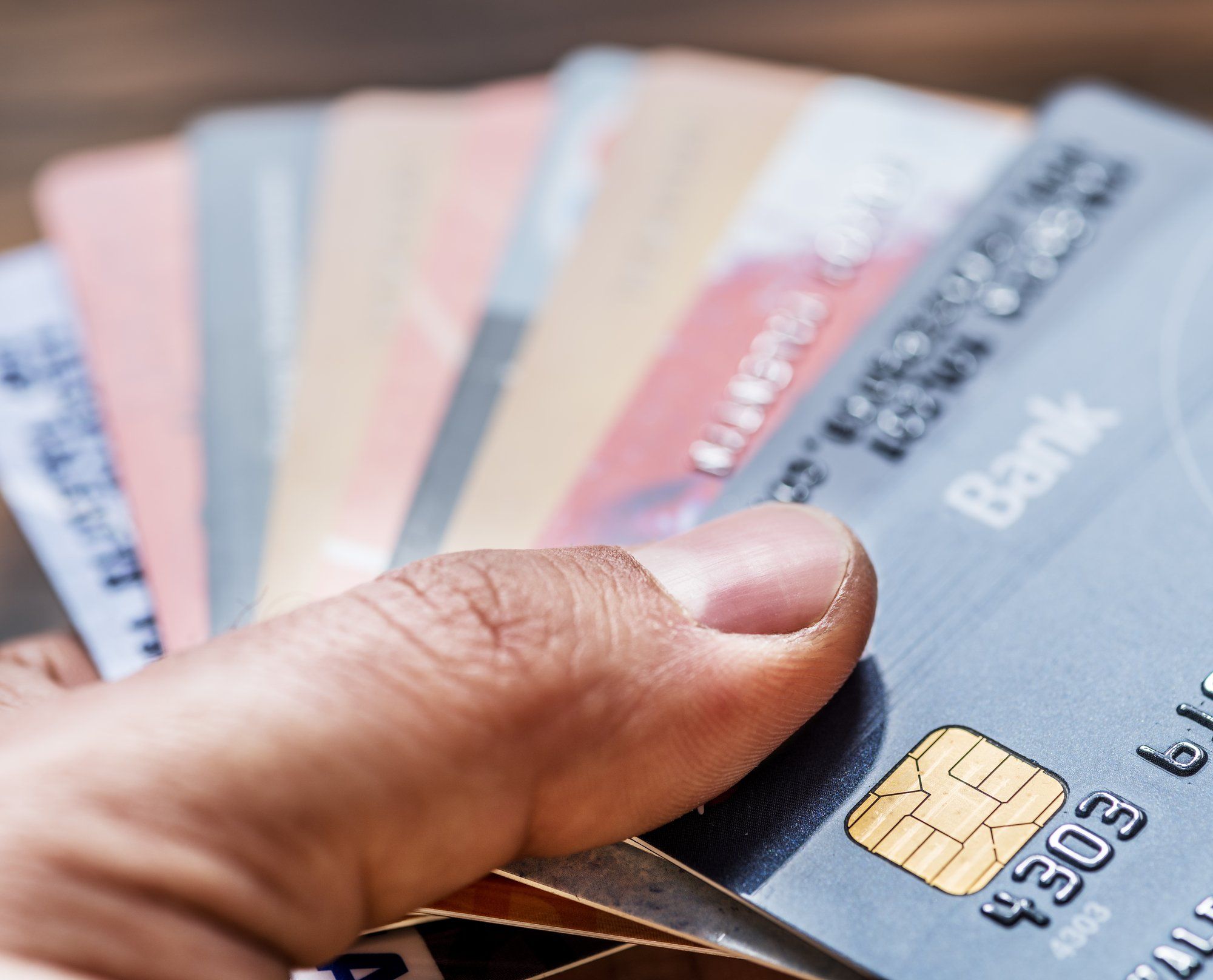
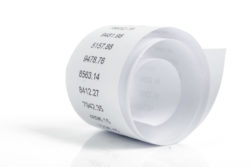 What Are My Legal Rights if My Card Number Wasn’t Truncated?
What Are My Legal Rights if My Card Number Wasn’t Truncated?





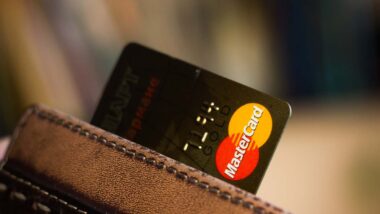



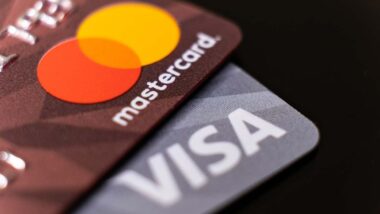
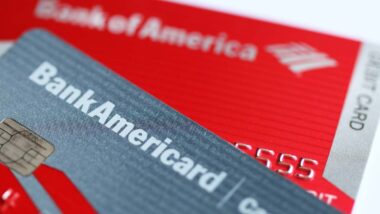
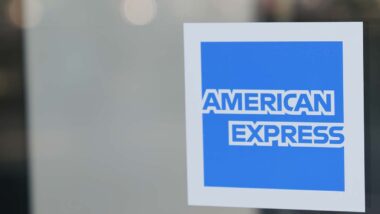

8 thoughts onCan Someone Steal Your Debit Card Information?
I made a purchase yesterday at a corner store in Springfield IL..the store name is one stop grocery. After that purchase starting at 5am this morning it’s purchases made in u.k and i live in the united states will some one please help me with my situation .
add me in
Hello. I filed a claim for the McCormick class action and I’ve choose the direct deposit as a payment method. I’ve entered my account number and routing number. After 2 days there are online purchases happened using my account by someone I don’t know. I locked my debit card and the next day they are trying to use my account again to purchase something. What I am supposed to do? Why such giving such information not so safe? This is worrisome.
add me please
I had this done to me more than once
Add me please
pease add me
Add me please